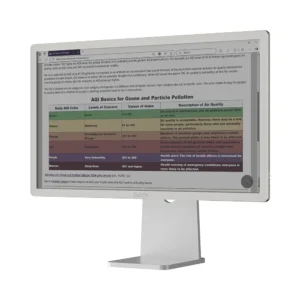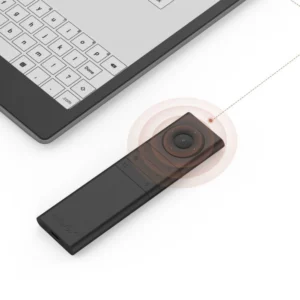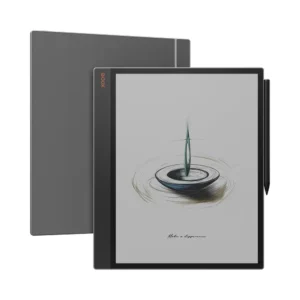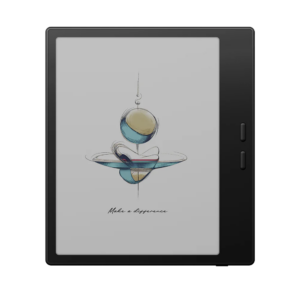Is “jumping to conclusion” a good thing? Not necessarily bad, according to Malcolm Gladwell’s book, Blink: The Power of Thinking without Thinking.
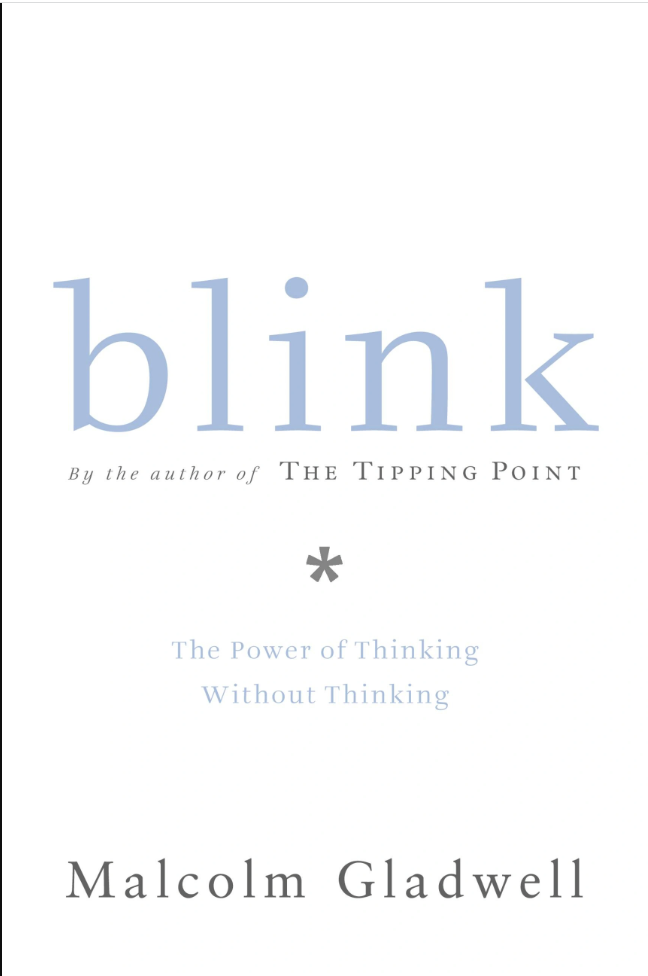
The book “Blink” is a fascinating because it shows how our snap judgement in the blink of an eye can serve us well, and in many cases, better than long and hard thinking. The book starts with story of the Getty kouros, a modern forgery statue that stumped experts who performed laborious technical and scientific analysis on it and subsequently were convinced that it must be the real thing because it passed all the tests with flying colors. However, it turned out that the statue was a forgery, and this fact didn’t escape some experts who just had a glance on it. “Anyone who has ever seen a sculpture coming out of the ground could tell that that thing has never been in the ground”, George Despinis, head of the Acropolis Museum in Athens, said. By just looking at it, George Despinis was able to form a snap judgement that was proven correct.
Another example cited in the book is the work of John Gottman on marital relationships. How can you tell whether a relationship is going on strong or about to fall apart? John Gottman just has to listen to the husband and wife conversation for 15 minutes and he can already tell, to the accuracy of 90%. It turns out that there is only one single clue that he looks for: “contempt” in the tone of conversation. The couple can have all the disagreement in the world, get upset in all manners, but they would still largely stay together if their have mutual respect of each other. Conversely, if one or both sides let their contempt shows, this marriage will largely fall apart, it doesn’t really matter how polite on the surface everyone is. This is the power of “thin-slicing”, and which snap judgement is relied on: using a limited information from a very limited time to come to a conclusion quickly.
Why “thin-slicing” works? It works because it is uncorrupted by noise and second guessing, as it is the case when you come to get your slow and analytical mind to work. Our brain is good at thinking and at considering all the situations. The more time it has, the more angles it can explore, including the irrelevant one, and thus the easier it is to see the trees but not the forest. By restricting the time you have on an issue, you let only the most important details to surface in your mind, which allows you to make a snap and correct decision.
By now, readers should be skeptical of my narratives. If a decision made in the blink of an eye is such a good thing, then why do we still get remorse over decisions, why do we still make bad decisions in a rush at all? Well no, not all snap judgment are equal. For your snap judgement to work, you need to be an expert in that area in the first place. For example, in the book there is a story of how a team of firefighters entered into a house where the kitchen was on fire. But as soon as they started hosing down the fire, the commander ordered everyone to withdraw, without being able to immediately articulate why. The house subsequently collapsed and the commander saved everyone’s life. It’s only later that the commander realized that the fire was eerily quiet and his ears were unusually hot, and it was an indication that the down floor was already hot on fire. His six sense, well honed by experience, told his subconsciousness what is needed to be done, without first informing his consciousness.
Such an epiphany can only come to those with fire fighting experience. So if you have no such experience, there is nothing for your brain to draw from, and you are unlikely to arrive at the snap judgement. Six sense only works when you are already an expert.
In my work as a programmer, I often find this to be true. When I’m stuck at a hard problem, and analytical thinking gets me nowhere, I will often take a break from the problem and then take a walk, or a shower, or just go to gym. I will try to distract my mind. And true enough, a solution– usually a brand new and sometimes completely an unorthodox one– will often pop inside my head without me anticipating or soliciting it. That instant solution– we call it a flash of insight– is often much better than the ones I devote so much grey matter over, and cannot be arrived at from a logical, step by step procedure. Such an insight only arrives because I have paid my due by working my conscious brain extra hard. It’s unlikely that someone who has no experience in the domain can come to the conclusions or solutions the way I do. And it’s highly impossible that such a beam of flash insight will strike me if I am confronted with a chessboard which I have absolutely no experience at.
Bruce Lee was half right when he said: “Don’t think, feel”. He was able to say that because he was already an expert in martial art, so he just had to let his subconscious did all the fighting, by feeling up the situation.
So essentially for Blink, or intuition, or a burst of creativity to work, you have to satisfy a few criteria:
- You are already a related domain expert
- You make your judgement fast before it gets “decohered”, or corrupted by noises or other signals in the brain. Your brain is a like a quantum computer, in the sense that both of them work wonders when they are remained in their pristine, isolated but delicate state. As soon as the noise enters, the delicate state is disturbed, and the highly functioning system will fall apart.
I guess this is why we all need to practice calm and living in the moment. This is where the book “The Power of Now: A Guide to Spiritual Enlightenment” enters. This book is billed as a manual to reach “spiritually enlightenment”. But beyond that, it’s also a book that teaches you on how to unleash your creativity, because the path to attaining both are the same: live in the present, don’t overthink.
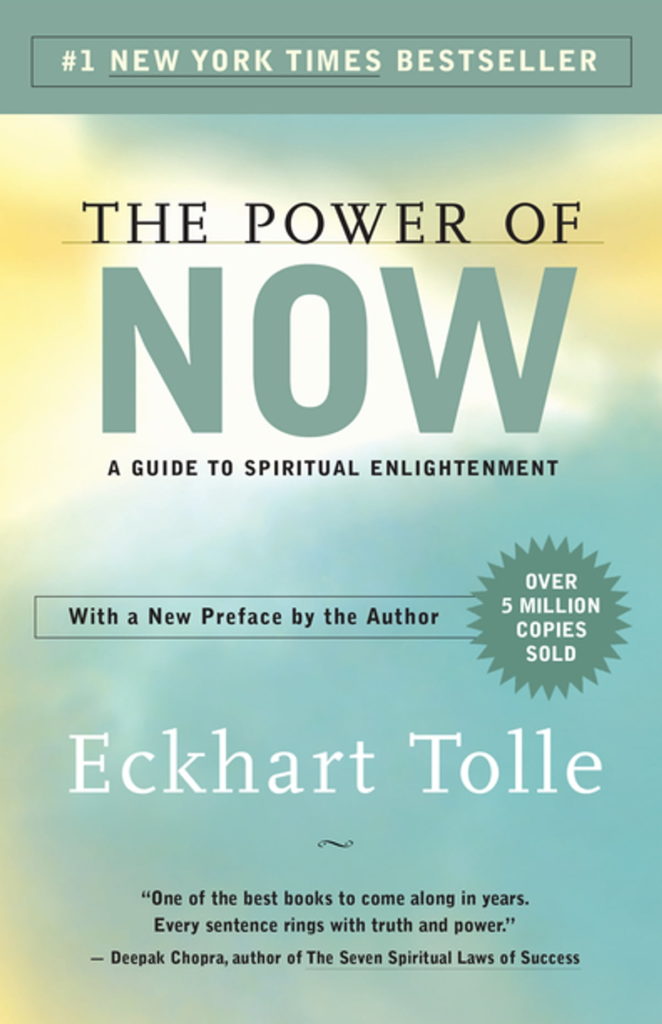
When you live in the present, there is no time to let your sorrow, or your fantasy overwhelm your mind, you just… live, and concentrate on the challenge in front of you, that’s it. But it is a skill that that is hard to attain, because our brain which is so good at analysis and information processing, that elevates us to the top of the food chain is now actively working against this goal. Your brain wants to get busy and working, so it just works, and works, and works. When it has finished considering all the relevant signals, it will start processing other irrelevant signals to the detriment of your better judgement. My hypothesis is that all the relevant signals are already processed in the seconds it take to blink your eyes ( yes, our brains are that efficient), and all the rest are just noises. You have to tell your brain to stop thinking, to prevent the noise from creating havoc. All the sorrows and fantasies you have are just the outcome of regurgitation, where your brain activities feed on expired and irrelevant emotions and information, so you have to learn how to ignore them.
So, to conclude, to perform well in cognitive tasks and to think better, you have to harness the power of BLINK and NOW, by just being prepared and (then) don’t think. You can’t go wrong with such a zenic and scientific advice.


